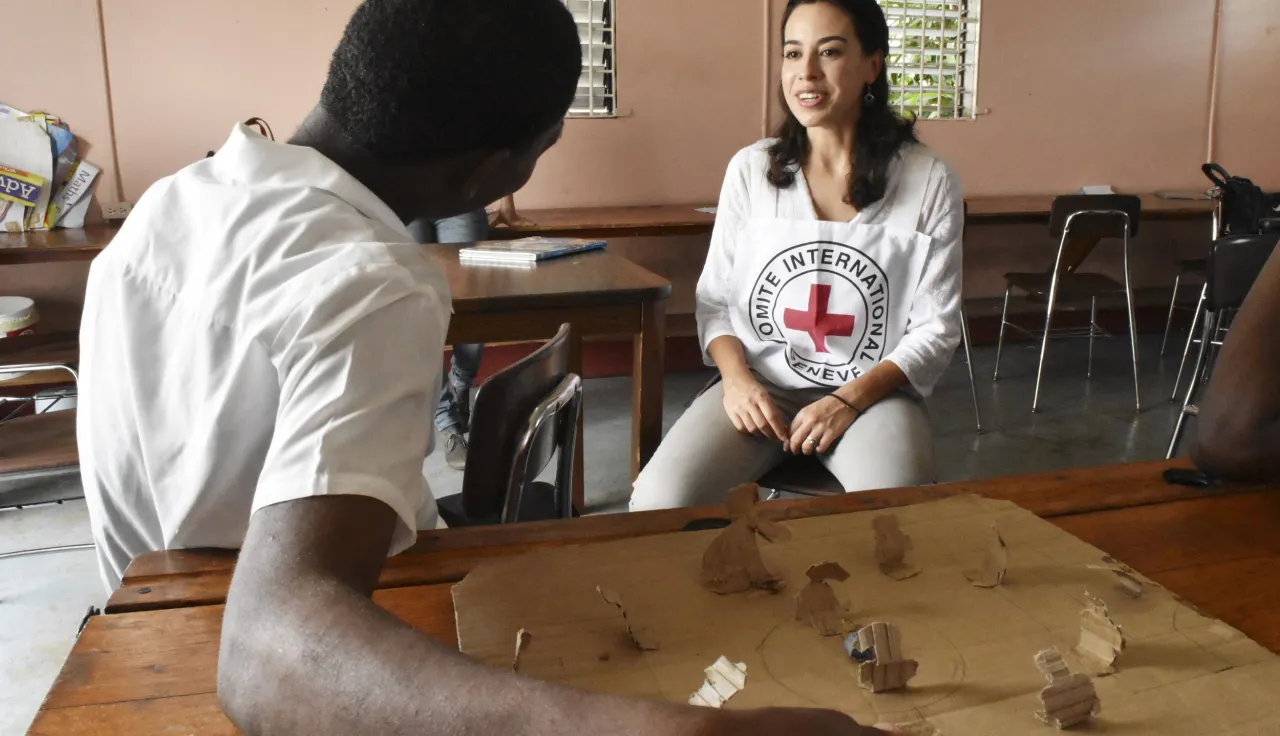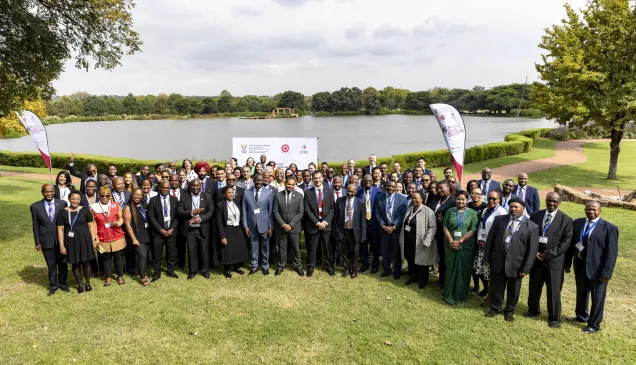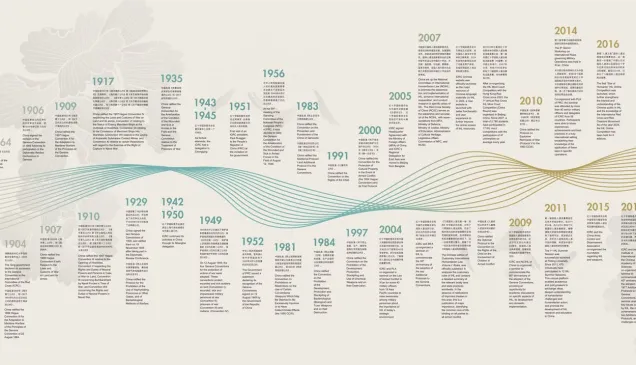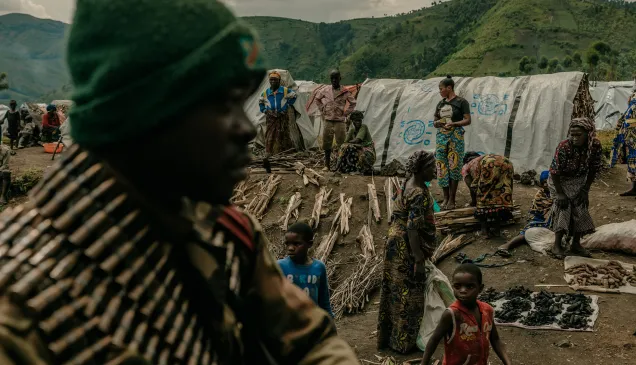Access to education: Overview

Education gives children and young people the skills to make reasoned choices in life, to build their resilience and to develop coping mechanisms. Education protects and sustains lives and livelihoods. Individuals and communities living in the conflict zones where we work have increasingly been asking us, as part of our humanitarian efforts, to help them continue or resume their education after it was disrupted by armed conflict or violence. Alongside food, shelter and water, education is a priority for them.
We recognize the broad value of education for these communities, and its ability to give them a better future and enable them to live with dignity. Access to education has become an integral part of the ICRC's policy and programmes, working in partnership with the International Red Cross and Red Crescent Movement and other organizations.
Our approach is twofold: to strengthen our existing work in education; and to step up our support for efforts to ensure education is part of any humanitarian response. This approach was formalized in 2017, with the adoption of the ICRC Framework for Access to Education and the 2018–2020 Access to Education Strategy.
In 2018 and 2019, we will be taking various steps to understand and address education needs, including:
- evaluating access to education for communities affected by conflict and violence as part of our general field assessment procedures
- incorporating support for schools and other education establishments in our operational work (notably in protection and assistance)
- developing our operational response, in line with our unique mission and access to places affected by conflict and violence
- engaging in global and regional policy forums to ensure that the provisions of international humanitarian law and our operational lessons learned are incorporated in the thinking of the international community and in established good practice
- developing an International Red Cross and Red Crescent Movement narrative on education, based on the 2017 Council of Delegates resolution "Education: Related humanitarian needs".
With these measures, and by working closely with other organizations, we are endeavouring to address the needs of the communities we serve and to play our part in securing better access to education for all children and young people.



